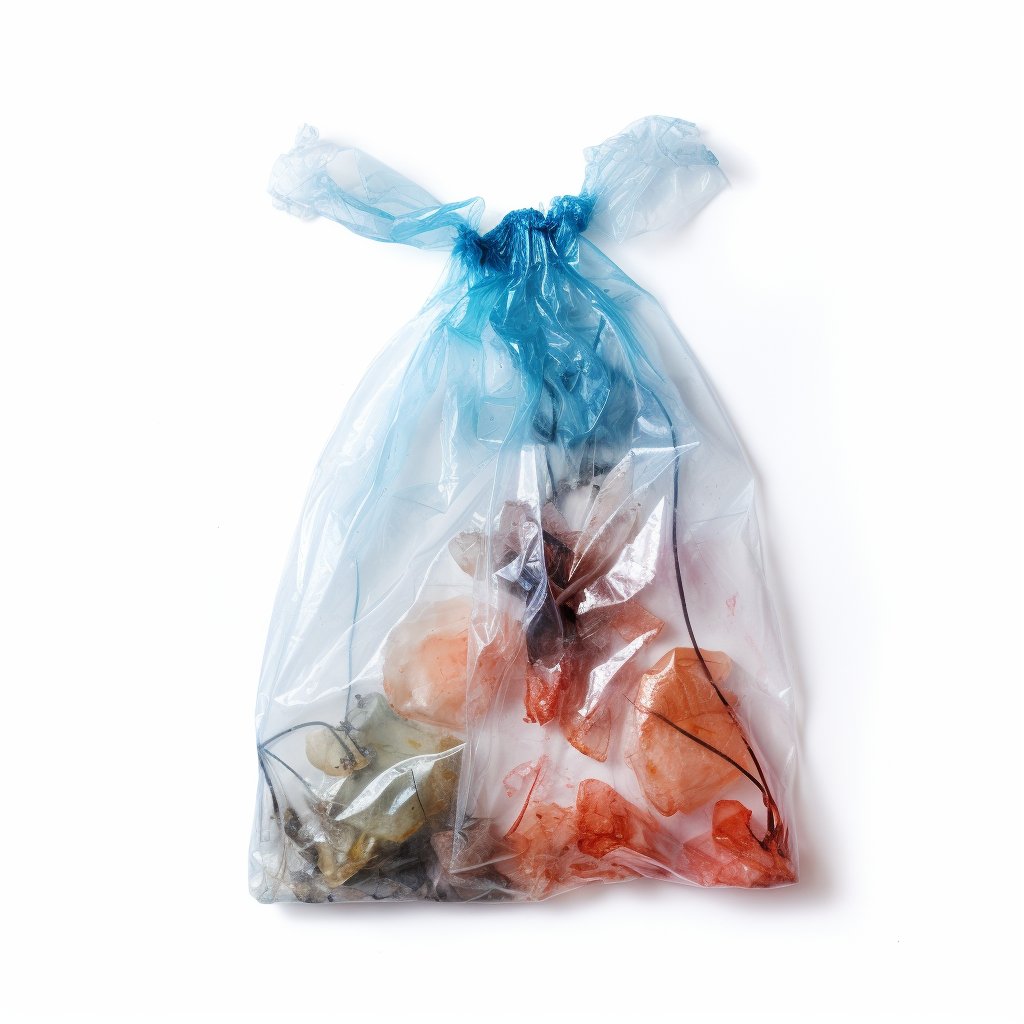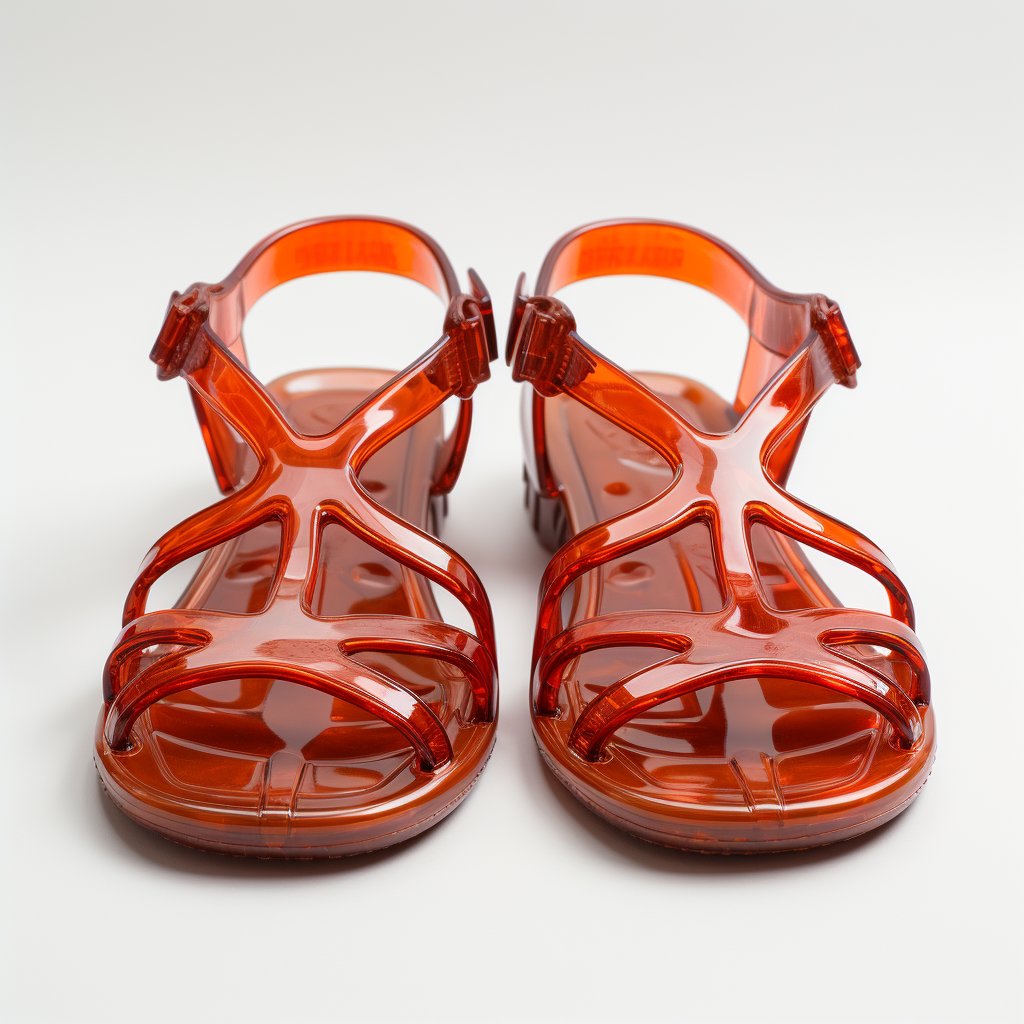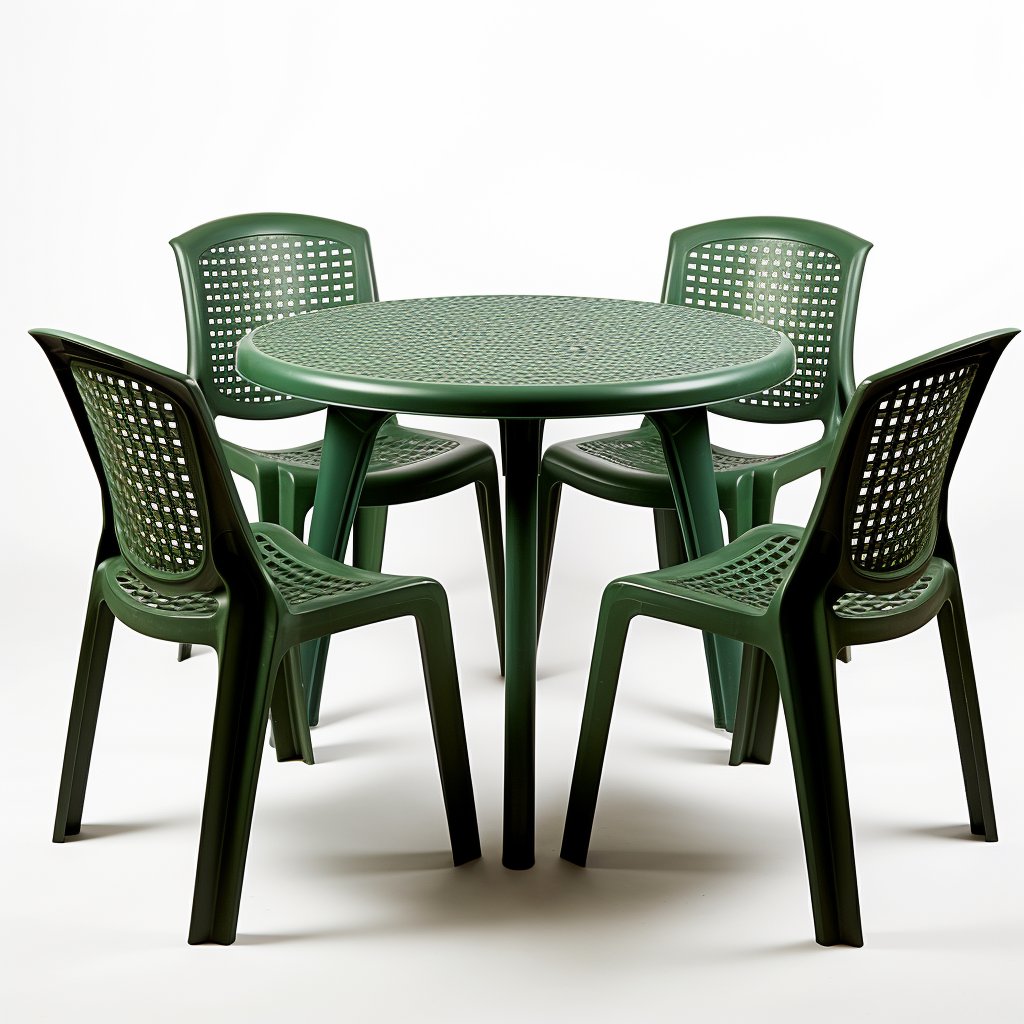Recycling has become an integral part of our society, and artists have begun to see the value in using recycled materials to create art. One of the most popular materials used in recycled art is plastic. Recycled plastic art is a growing trend in the art world, and it can potentially transform the way we think about recycling.

Recycling has become increasingly important in our modern world as we strive to reduce our environmental impact and promote a more sustainable future. One area where recycling has made a significant impact is in the art world, where artists are using recycled materials to create unique and meaningful works that promote sustainability and raise awareness about the importance of recycling. One such example is recycled plastic art, which uses discarded plastic waste as a source of materials to create everything from sculptures to jewellery and furniture.

Application Areas:
Recycled plastic art is used in various application areas, from sculpture and installation to jewellery and furniture. One of the benefits of using recycled plastic in art is that it can be moulded into any shape or size, making it a versatile material for artists to work with.
Sculpture and installation art are popular applications for recycled plastic art. Artists can use recycled plastic to create intricate, detailed, aesthetically pleasing, and environmentally conscious sculptures. In addition, installation art using recycled plastic can create a unique visual impact, making it a popular choice for public art installations.
Consumer Product Examples:
Recycled plastic is also used to create consumer products such as bags, phone cases, and clothing. Companies are now incorporating recycled plastic into their product lines to appeal to environmentally conscious consumers.
For example, Patagonia, a clothing company, has introduced a line of clothing made from recycled plastic bottles. The bottles are melted down and spun into yarn, then used to create eco-friendly and fashionable clothing.

Material Properties:
Recycled plastic has similar properties to virgin plastic but with the added benefit of being more environmentally friendly. It can be moulded into any shape or size and is available in various colours.
Recycled plastic is more durable than traditional plastic, making it a popular choice for outdoor furniture and other products that are exposed to the elements.
Future Trends in Recycling:
As the demand for sustainable and eco-friendly products continues to grow, the use of recycled plastic in art and industry is expected to increase. In addition, new technologies are being developed to make recycling more efficient and effective.
One example of this is the use of chemical recycling, which breaks down plastic into its molecular components and allows it to be used to create new products. This process can potentially reduce waste and significantly create a more circular economy.
Different Recycled Plastic Art:
Recycled plastic art comes in many forms, from sculptures and installations to jewellery and furniture. Some popular examples of recycled plastic art include:
- Plastic bottle art: Artists use plastic bottles to create sculptures and installations that highlight the impact of plastic waste on the environment.
- Plastic bag art: Recycled plastic bags can be transformed into a variety of art forms, including textiles, sculptures, and installations.
- Upcycled furniture: Furniture made from recycled plastic is becoming more popular, with designers creating chairs, tables, and other pieces that are both stylish and eco-friendly.
Market Price Developments:
The market price for recycled plastic art can vary widely depending on the artist, the type of art, and the materials used. However, recycled plastic art is generally priced lower than traditional art made from more expensive materials like bronze or marble.
As more companies begin incorporating recycled plastic into their product lines, the demand for recycled plastic will likely increase. This could lead to a rise in the price of recycled plastic art as the cost of materials goes up.
Global Impact:
Recycled plastic art has the potential to have a global impact by raising awareness about the environmental effects of plastic waste. By creating art from recycled materials, artists can inspire people to think differently about waste and encourage them to adopt more sustainable behaviours.
In addition, using recycled plastic in industry and consumer products can help reduce the amount of plastic waste in landfills and oceans. This has the potential to significantly impact the environment and reduce the carbon footprint of many industries.
Future Market Prognosis:
The recycled plastic art market will likely continue to grow as more companies and individuals look for sustainable and eco-friendly solutions. The rise of circular economies and the increasing demand for recycled materials are expected to drive growth in the market for recycled plastic art.
As new technologies are developed to make recycling more efficient and effective, the availability of recycled plastic is likely to increase, which could lead to a decrease in the price of materials. This could make recycled plastic art more accessible to a wider audience and lead to further growth in the market.
Recycled plastic art:
Recycled plastic art is a growing environmentally conscious and aesthetically pleasing trend. From industrial usage to consumer products, recycled plastic has the potential to transform the way we think about recycling and sustainability. As new technologies continue to be developed, we can expect to see even more innovative uses for recycled plastic.
Recycled plastic art has the potential to create a significant positive impact on the environment while also providing artists with a unique and versatile material to work with. As the demand for sustainable and eco-friendly solutions continues to grow, the market for recycled plastic art is expected to expand. By raising awareness about plastic waste and encouraging more sustainable behaviours, recycled plastic art has the potential to create a better future for both the environment and the art world.








